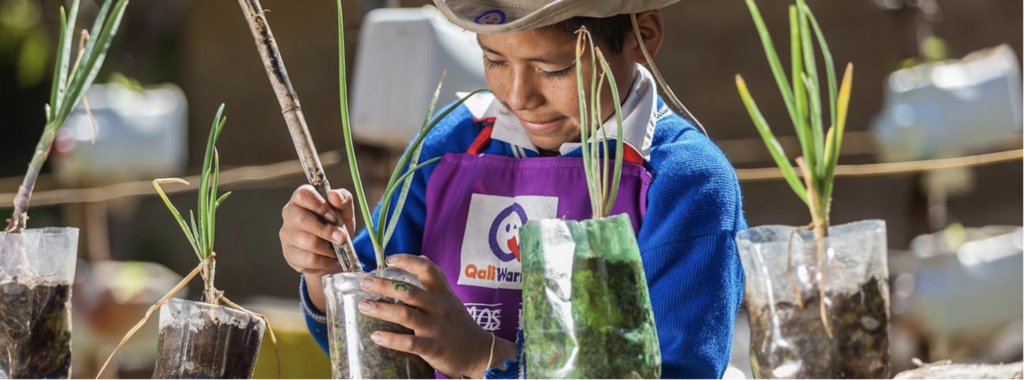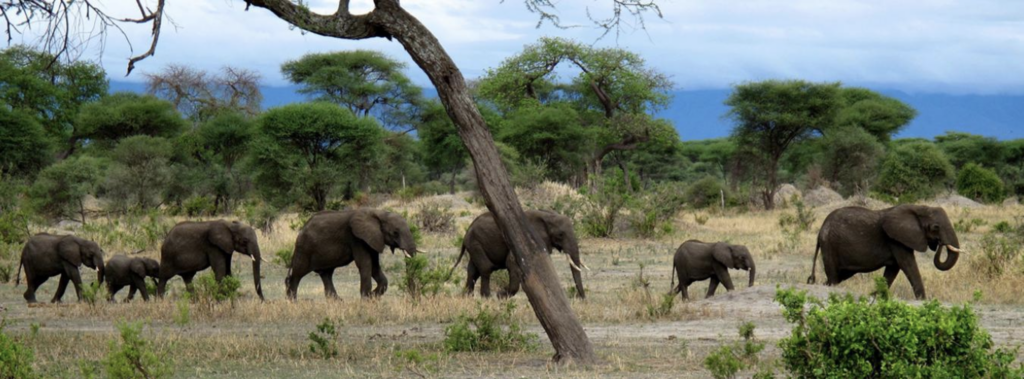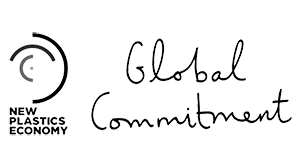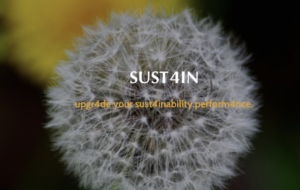Earth Day: The Earth is what we all have in common
April 22nd, 2021. The General Assembly designated 22 April as International Earth Day through a resolution adopted in 2009. The original roots go back to the 1970s when environmental protection was not yet a priority of the national political agendas. The UN Conference on the Human Environment 1972 in Stockholm marked the beginning of a global awareness of the interdependence between people, other living species and our planet, as well as the establishment of World Environment Day on 5 June and the UN Environment Programme.
In 1992, Agenda 21, the Rio Declaration on Environment and Development, and the Statement of principles for the Sustainable Management of Forests were adopted by more than 178 Governments at the Rio de Janeiro Earth Summit, the first major conference in which Sustainable Development was the main issue discussed by member states. From then on, all efforts to conserve the environment experienced an exponential growth: the Earth Summit in Johannesburg in 2002; the declaration of 2008 as the International Year of Planet Earth; the UN official Mother Earth Day Declaration; Rio+20 – resulting in a focused political outcome document, which contains clear and practical measures for implementing sustainable development – and recently, the Climate Action Summit 2019 and COP25, both focusing on the achievement of the Paris Agreement.

Restore our Earth
The Earth is clearly urging a call to action. Nature is suffering. Oceans filling with plastic and turning more acidic. Extreme heat, wildfires and floods, as well as a record-breaking Atlantic hurricane season, have affected millions of people. Now we face COVID-19, a worldwide health pandemic link to the health of our ecosystem.
Climate change, man-made changes to nature as well as crimes that disrupt biodiversity, such as deforestation, land-use change, intensified agriculture and livestock production or the growing illegal wildlife trade, can increase contact and the transmission of infectious diseases from animals to humans (zoonotic diseases) like COVID-19. From one new infection disease that emerges in humans every 4 months, 75% of these emerging diseases come from animals, according to UN Environment. This shows the close relationships between human, animal and environmental health.
Ecosystems support all life on Earth. The healthier our ecosystems are, the healthier the planet – and its people. Restoring our damaged ecosystems will help to end poverty, combat climate change and prevent mass extinction.
Let’s remind more than ever in this International Earth Day that we need a shift to a more sustainable economy that works for both people and the planet. Let’s promote harmony with nature and the Earth.
“As we mark International Mother Earth Day, our planet is at a tipping point. Humanity continues to abuse the natural world. We heedlessly plunder the Earth’s resources, deplete its wildlife and treat air, land and seas as dumping grounds. On International Mother Earth Day, let us all commit to the hard work of restoring our planet and making peace with nature.”
António Guterres

The importance of biodiversity for humans
The coronavirus outbreak poses huge public health and global economy at risk, but biological diversity as well. However, biodiversity can be part of the solution since this diversity of species would make difficult to pathogens to spread rapidly.
There is growing concern about the health consequences of biodiversity loss and change. Biodiversity changes affect ecosystem functioning and significant disruptions of ecosystems can result in life sustaining ecosystem goods and services. Specific linkages between health and biodiversity include impact in nutrition, health research or traditional medicine, new infectious diseases and influencing shifts in the distribution of plants, pathogens, animals, and even human settlements, most of them affected by climate change.
We are in this fight together with the Earth.
Source: United Nations

We are a network of expert professionals on sustainability.
SUST4IN apoya:








